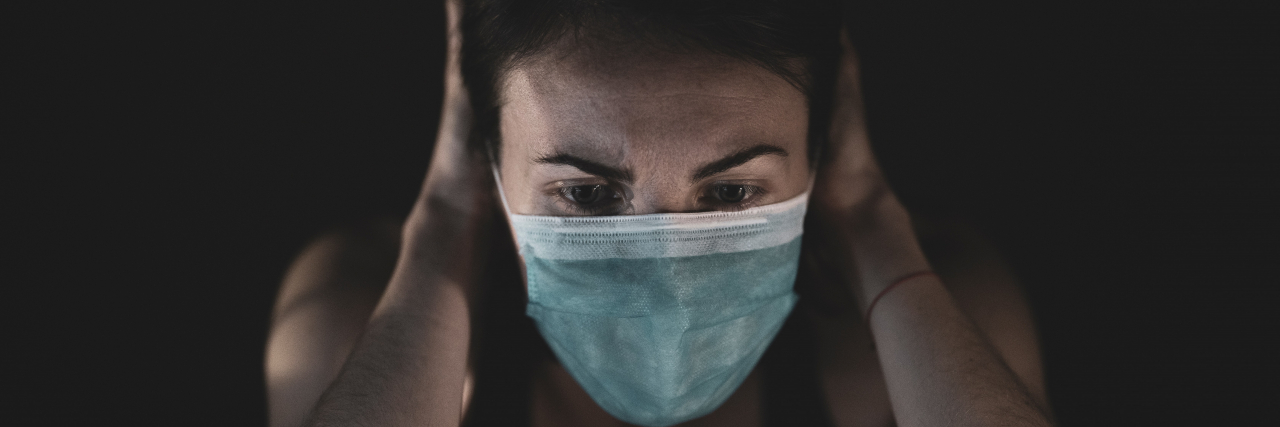Many people have been blaming COVID-19 for depression and other mental health problems. They have said that quarantining and uncertainty have raised the level of anxiety in the general population, and quarantining has caused depression. These increased levels may be — probably are — accurately reported, but I don’t think they necessarily indicate an increase in the incidence of mental illness in our society.
The depression and anxiety people are feeling are, I believe, natural and expected reactions to the pandemic conditions that prevail. I’m not trying to minimize these experiences, but most people have never experienced clinical depression or anxiety and so don’t understand the nature of the actual illnesses. What depression and anxiety the pandemic has caused is likely to clear up when (if) the pandemic does. This is situational depression and anxiety.
This is not to say that people experiencing pandemic-related depression and anxiety don’t need help. Of course they do. “Talk therapy” may do them a lot of good, and there has been an upswing in the number of online and virtual counseling services available. Whether these people need antidepressants and anti-anxiety meds is a question I’m not able to answer. My best guess is they don’t, at least not long-term courses of drug treatment, as their symptoms are probably not indicative of mental illness. Short-term anti-anxiety meds may do some good.
I do think the pandemic and the reactions to it have been triggering for many people who do have mental health conditions. People with obsessive-compulsive disorder (OCD) who are germophobic saw their most extreme fears become reality. People who have seasonal affective disorder (SAD) may have struggled more with the lack of sunlight during the stay-at-home orders and quarantines.
Many people are in extreme denial, believing the pandemic is a hoax and refusing to take any steps to prevent its spread. Is this a symptom of mental illness? I don’t see how threatening officials and doctors who promote pandemic precautions is a sign of mental health, but are the people who do this delusional or are they merely at one extreme end of the anxiety spectrum?
I understand people’s perceptions of reality differ, but it annoys me when people deny mine, which currently is made up of snot and phlegm, as well as depression and anxiety. We can have these academic debates, but for my husband and me, at least, the pandemic has pushed us from believing it is “out there” to realizing it’s in here, in the most literal and alarming sense.
My husband has tested positive for COVID, and I have a terrible sore throat and cough, so I likely have it, too. We’re resting and taking medicine until we hear from our doctors what to do. A dear friend has sent us a pulse oximeter, with instructions to get more help if our O-sats fall below 90.
All this is messing with my head. I was entering a depressive phase anyway. Now I’m not sure if it was due to my bipolar disorder or my immune system crapping out. (Just FYI, my husband and I are both triple vaxxed. He probably got the virus at work and undoubtedly passed it on to me. I can’t imagine I would test negative now.)
I don’t think our illness is life-threatening, though honestly, it could be. You never know with COVID. And now, that’s part of my reality.
Unsplash image by Engin Akyurt

